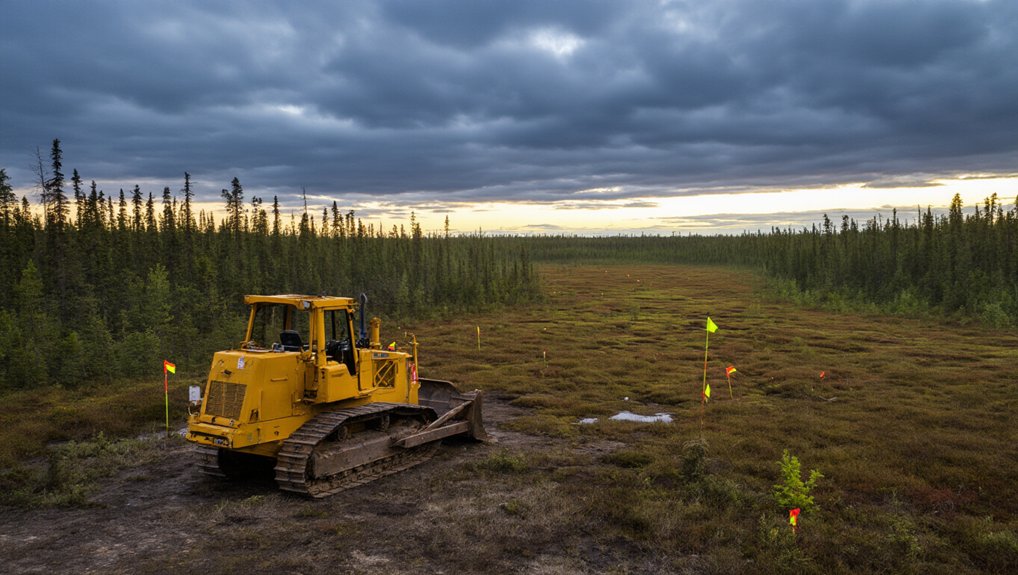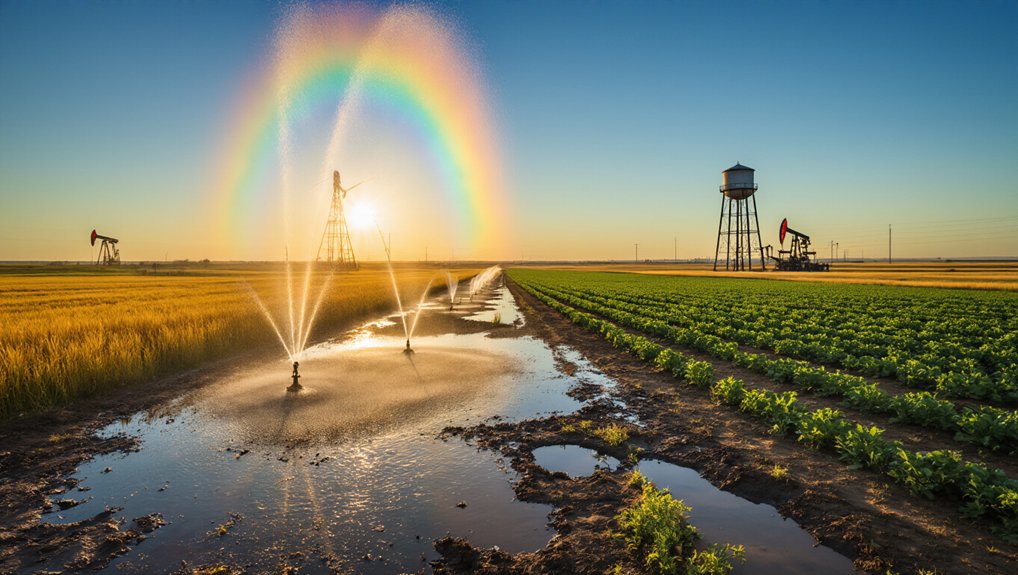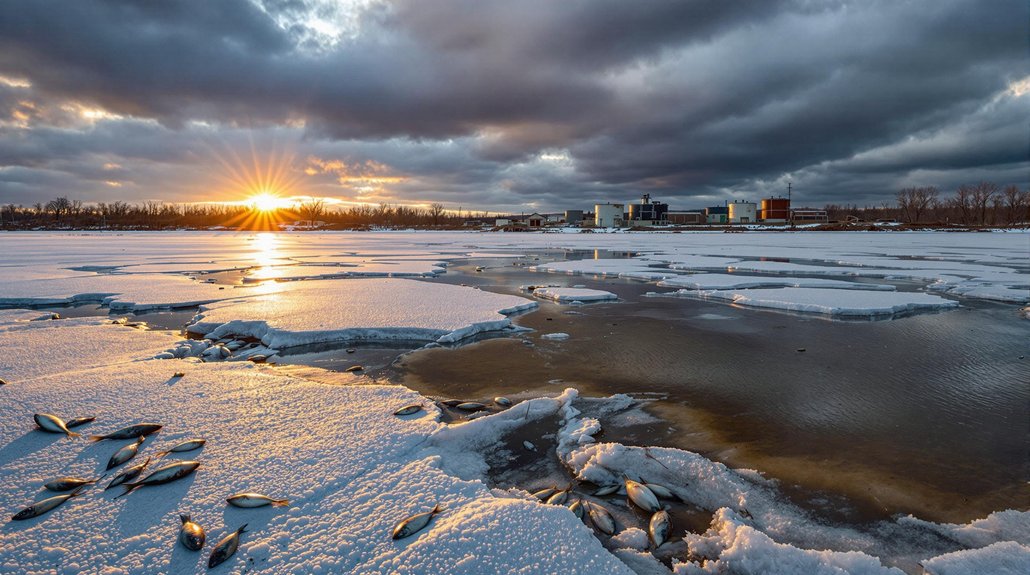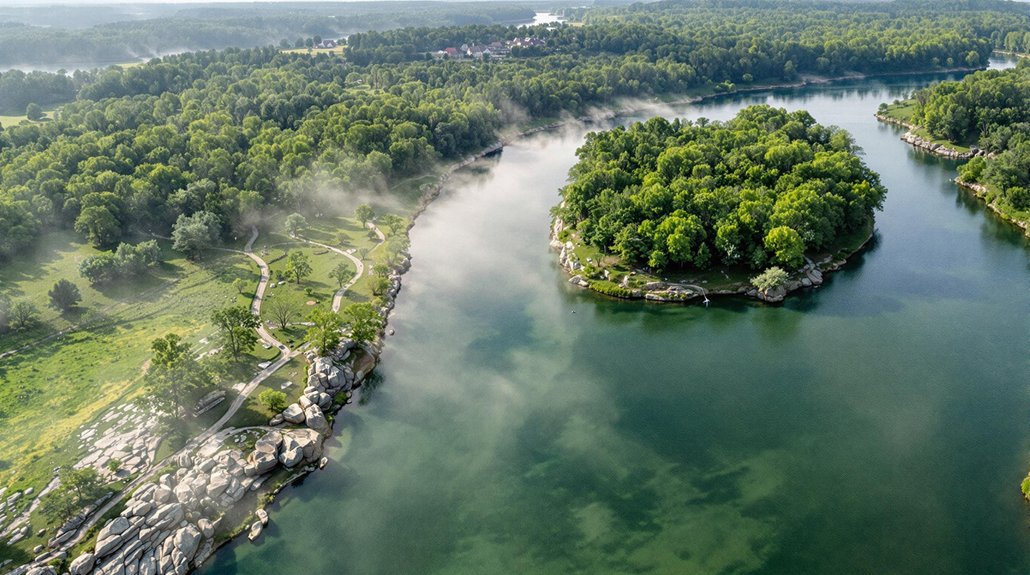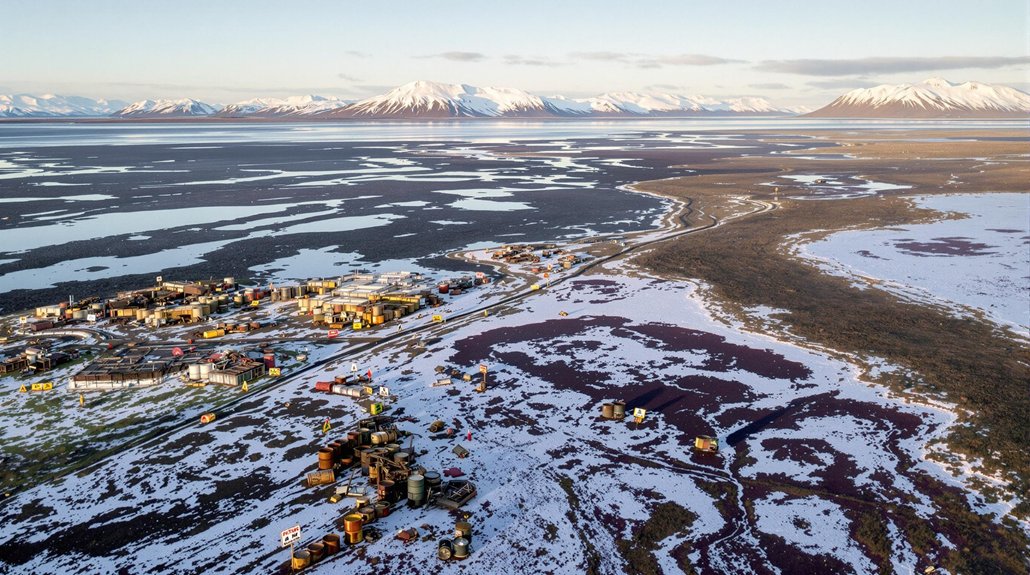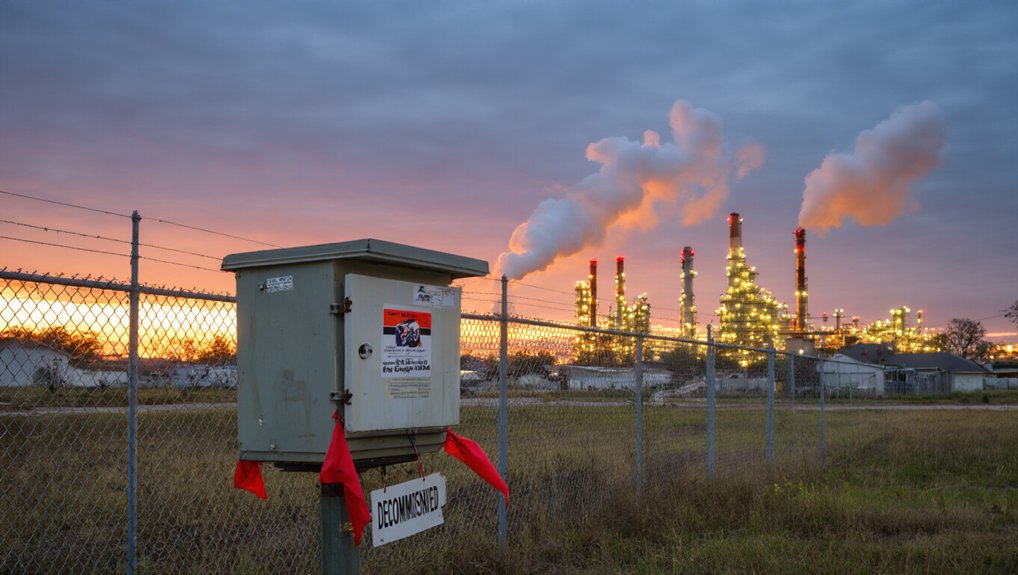Ontario bulldozes ahead with mining expansion in the Ring of Fire, and First Nations communities are watching their rights get trampled in the process. Mining claims have exploded by 66% in three years, now covering 14 times Toronto’s size. Just last year alone, claims jumped another 30%, spreading deep into Treaty 9 territory.
Mining claims exploded 66% in three years, now covering 14 times Toronto’s size.
The government’s solution? Bill 5, a law that basically tells First Nations their consultation rights are getting in the way of making money. The legislation suspends provincial and local laws requiring Indigenous consultation in special zones. Because nothing says “respect” like labeling constitutional rights as barriers to economic development.
Premier Doug Ford called ongoing consultations “ridiculous.” There’s your government transparency, folks. Meanwhile, 40,000 mining applications got rubber-stamped while First Nations report zero proper consultation about projects on their traditional lands.
Two First Nations who previously cooperated on road access now oppose the new mining law. Even a last-minute amendment promising consultation failed to fool anyone. Chiefs are organizing rallies at Queen’s Park, and Chief Wayne Moonias of Neskantaga First Nation isn’t mincing words—he’ll resist development by any means necessary.
The United Nations Special Rapporteur on Indigenous Rights called for a halt until free, prior, and informed consent is secured. Canada’s response? Keep digging. The international community is watching Canada bulldoze through human rights commitments while claiming to respect Indigenous peoples.
Bill 5 creates special economic zones where municipal and environmental laws get tossed aside. Convenient, right? Override the checks that require Indigenous engagement, fast-track the mining, worry about consequences later. Or never.
Indigenous communities took their grievances about threats to water and lands straight to the UN. International scrutiny is mounting, and Canada’s reputation on human rights is taking hits. But apparently, that’s a price the government’s willing to pay for access to minerals. The region sits atop sensitive peatlands, a carbon-storing ecosystem that First Nations warn could be irreversibly damaged by mining operations.
The message from Ontario is crystal clear: Indigenous rights are negotiable when there’s money in the ground. Constitutional protections, international agreements, basic respect—all secondary to the mining bonanza. First Nations aren’t just watching their rights get trampled. They’re watching their lands, waters, and futures get auctioned off to the highest bidder. The government touts a $3 billion Indigenous financing program as proof of commitment, but First Nations say it’s meaningless without genuine consultation and consent.
References
- https://financialpost.com/commodities/mining/first-nations-ring-of-fire-new-mining-law
- https://www.theenergymix.com/mining-claims-in-ring-of-fire-up-66-over-past-3-years-group-says/
- https://thenarwhal.ca/opinion-bill-5-indigenous-consultation/
- https://www.ctvnews.ca/windsor/canada/article/two-first-nations-working-on-roads-to-ring-of-fire-do-not-support-new-mining-law/
- https://pbicanada.org/2024/04/09/indigenous-communities-present-to-un-special-rapporteur-on-the-right-to-water-about-the-threat-of-ring-of-fire-mining/
